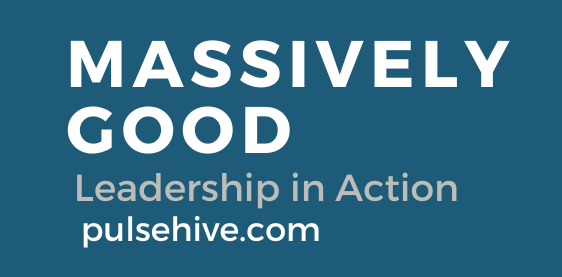Teaching Kids to Think in a World of Algorithms: Why Schools Must Lead the Truth Revolution

Why Your Role Teaching Thinking Every Day Could Change Our World
In 6th grade, I was in the schoolwide play PT Barnum and had a small part with a cheeky tune and lyrics that have stayed with me all these years later.
Somewhere in the first act, I sang the song There Is A Sucker Born Every Minute:
“There is a sucker, born every minute.
Each time that second hand sweeps to the top
Like dandelions up they pop,
Their ears are so big, their eyes so wide.
And though I feed them bonafide baloney
With no truth in it
Why you can bet I’ll find some rube to buy more corn.
Cause there’s a sure-as-shooting sucker born a minute,
And I’m referring to the minute you were born.”
Occasionally the lyrics would run through my head when I felt my own foolishness well up (like when I bought my first few “must have products” from Instagram),
Long story short - it’s really easy to get duped into believing something is true when you want to believe it or when you don’t have a decision-making frame to help you adjust.
And here’s how it relates to education.
We are flooding kids with information and simultaneously removing the filters that previously used to sort the true from the untrue before it got to them.
Last year’s (2024) research report from Pew Charitable Trusts paints the picture in data and charts on teens use of YouTube, TikTok, Instagram and more with some reporting almost constant use.
So, if this is our reality, how are we actively, somewhat aggressively, incorporating this into school day-in and day-out?
Let me add another layer to this - the information diet that comes to us all is all subject to what’s viral and gets most attention and NOT what has been vetted as true, accurate or helpful. The algorithm is all driven by a mob-mentality of sorts.
This podcast on Meta’s shift to fire professional fact-checkers and instead use Community Notes is both sobering and fascinating simultaneously (listen to it on your next commute or while prepping dinner).
Amongst many details that kept me listening the whole episode was this basic fact → by turning over “fact-checking” to community moderators, Meta distanced itself from having to be involved in anything. Sensational content (often false or misleading) = lots of views. So, put enough layers in the regulatory system that you aren’t actually regulating, and sensational stories and content can drive your business even if they massively alter the collective understanding of what’s true. The journalist who is interviewed on the podcast recommends a few very simple technical moves that could actually make Facebook, Instagram and Threads safer communities and purveyors of truth.
But truth doesn’t sell.
So, we are again left with the big question around who is teaching the youth about:
how to use their minds to actively investigate and determine what they believe?
what is true and what is not and what their own mental model is to get there?
Home? Hopefully
But there are a lot of kids in the United States = 73.65 million in the United States under age 18 (as of latest US Census data).
And that is a large number to make sure understands what is true, how to verify the information that comes before them and why that’s even important.
It’s a massive lift. But, if not schools, then who?
I’d love to know your thoughts on this. Message me at [email protected] or follow on Instagram or LinkedIn. Even better → join my email list (JOIN HERE) and we can chat directly!


